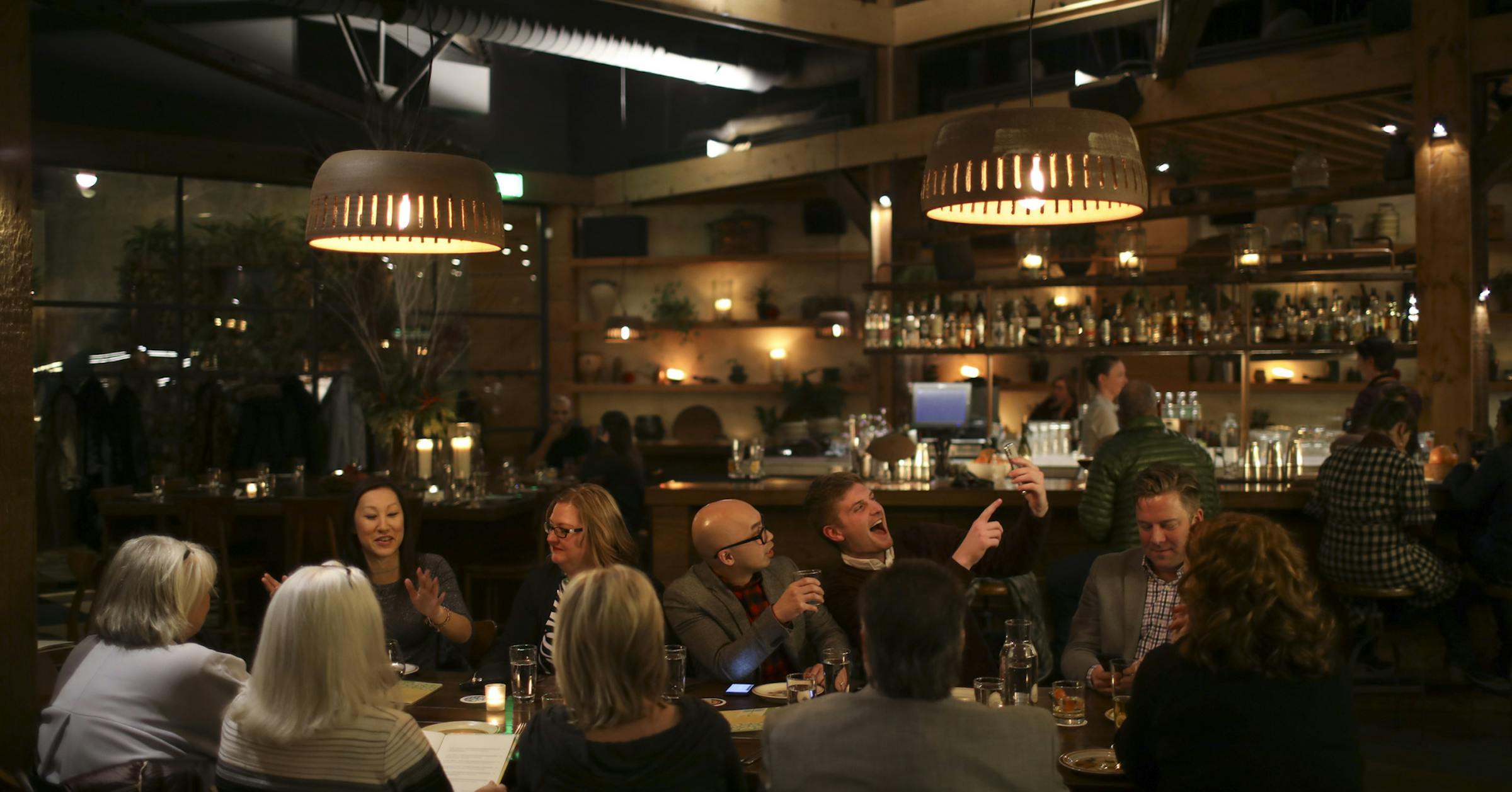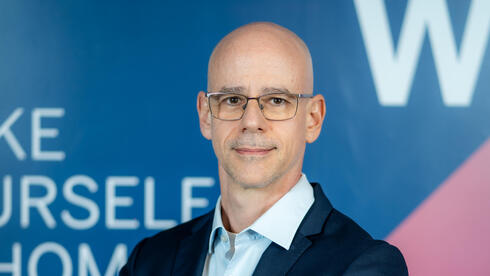Summary:
Accepted into a dream Ph.D. program but chose to join a startup instead
The startup aimed to disrupt financial access in underserved economies but folded within a year
Gained immense experience and connections despite the startup's failure
Learned the value of building something from the ground up, even if it doesn't succeed
I was accepted into my dream Ph.D. program, but chose to join a startup instead. The company folded in a year.
The author decided to join a startup that folded quickly.
When I received an email saying I had been accepted into the university of my choice for a Ph.D. program, I cried. Furthering my education had always been an important goal for me, but it was one I didn't achieve easily. I battled Graves' disease through my early college years, which meant I was in and out of the classroom. I constantly played catch-up, and never thought I'd graduate. Understandably, the thought of enrolling in a Ph.D. economics program was a dream come true.
But then I got an offer I couldn't refuse. A friend was working on an intriguing startup idea that aimed to disrupt financial access in underserved economies. The opportunity was stellar with potential for growth in skills and finances. My role would involve leveraging my skills in data analysis and understanding market dynamics.
I decided to take the job offer, thinking it was a one-time opportunity. I looked up deferral programs and decided to consult with my school to seek their opinion on deferring my course for a year or two. The department didn't have deferrals, and the dean advised against it. But the faculty told me that I could reapply a year later. I thought, if I was accepted once, I could be accepted again, so I started working for the startup.
The job didn't pan out as I expected. Everything was great in the first half of my work year. We embraced a team spirit, brought a few clients on board, and were on a steady path to growth. However, somewhere in the middle, we lost the plot. We struggled to fit some of the company's products into a market that wasn't ready, and, most importantly, we faced a severe lack of funding. After a long time of trying everything we could, the startup folded.
Looking back on my decision, I had mixed feelings about turning down school. In some ways, I feel like a failure. I was depressed and sunk deep into hopelessness. I haven't reapplied to my Ph.D. program yet, and I'm not sure I will anytime soon. In hindsight, walking away from an opportunity to further my studies so I could join a startup was a risk, but it was also a rewarding experience in itself. I gained immense experience and made connections I wouldn't have made in academia. I learned what it means to build something from the ground up, even if it doesn't work out.




Comments